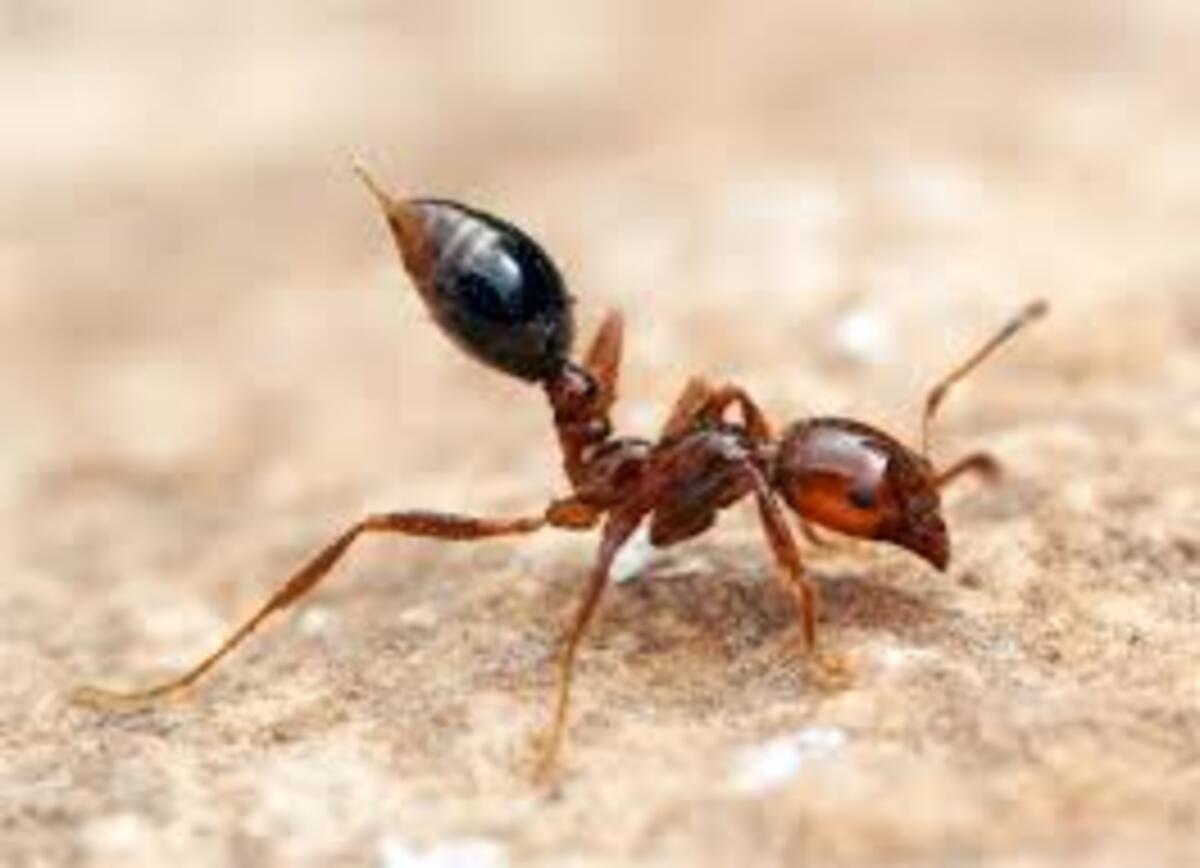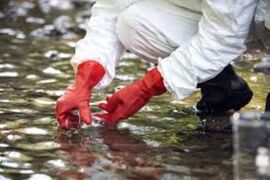Fire ant risk rises as interstate travel reaches peak hour
Paula Doran
04 January 2025, 8:40 PM
 Invasive species - the red imported fire ant.
Invasive species - the red imported fire ant.As we enter peak travel season, border crossings between Queensland and New South Wales are being observed amid significant risk in the potential spread of red fire ants.
NSW Farmers is reminding holidaymakers to follow biosecurity orders to help prevent the spread of fire ants between the two states.
The possible migration of the ants has the potential to have significant impacts on the regional farming regions and communities affected.
Red Imported Fire Ants were detected twice in NSW during 2024 and NSW Farmers Biosecurity Committee Chair Tony Hegarty says it is vital the ants did not breach the state’s borders again.
“Fire ants are one of the most extreme threats to biosecurity Australia has faced to date, and there is no room for complacency when it comes to these dangerous pests."
“Everyone has a responsibility to follow biosecurity orders, and there are serious consequences for those found to be doing the wrong thing and creating a vector for these pests to harm our communities," Mr Hegarty said.
“If you see something, say something, and we urge everyone not only keep a close eye out for any signs of fire ants in NSW this holiday season, but to report anything unusual you see straight to authorities.”
Current biosecurity orders prohibit the movement of turf from Queensland fire-infested areas into NSW, with a number of other restrictions in place for other fire ant carriers including heavy vehicles.
As interstate travel remained at peak levels this week, Mr Hegarty said the NSW Government must take all necessary measures to ensure fire ants could be eradicated swiftly.
“This is a threat that could radically change our way of life and slam our economy with a $60 billion damage bill to boot,” Mr Hegarty said.
“Fire ants – if they spread into NSW and beyond – could well mean the end of many sport and leisure activities because of the threat they pose to human health, not to mention the serious risk to animals.
“Be it round-the-clock border checkpoints or detection dogs along state lines, the NSW Government needs to take leadership and escalate all our responses with this threat to keep us all safe for many summer holidays to come.”
Farm sector on alert
NSW Farmers has been active in their lobbying to contain the spread of the imported pest which was first detected in Brisbane in 2001.
In February 2024, the group provided a detailed submission to the Senate Inquiry responsible for assessing response and containment plans.
In that document NSW Farmers said the spread of the red fire ant was one of the most significant biosecurity risks to farming, from broadacre cropping to livestock and horticulture, that the sector had faced in decades.
And they condemned the slow response to eradication.
“Fire ants should have been eradicated 20 years ago, but successive governments have failed to act quickly, decisively and effectively to stamp them out,” President Xavier Martin said.
“If these pests infest the whole nation, it is estimated that 83,100 Australians could need medical attention for fire ant attacks each year, while our agricultural industry could see its output reduce by up to 40 per cent.
“As well as being potentially deadly to humans, fire ants can sting native and domestic animals, harm livestock, ruin our natural environment and wreak havoc on fruit trees, beehives, pastures and crops.
“This is not just any another ant, and we have no choice but to eradicate these pests and fast if we want to spare our nation ongoing and serious pain.”
*For more information on Red Imported Fire Ants and current biosecurity orders in place for NSW, visit the NSW DPIRD website or the National Fire Ant Eradication Program website.



